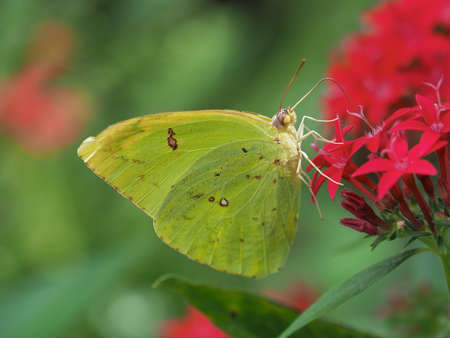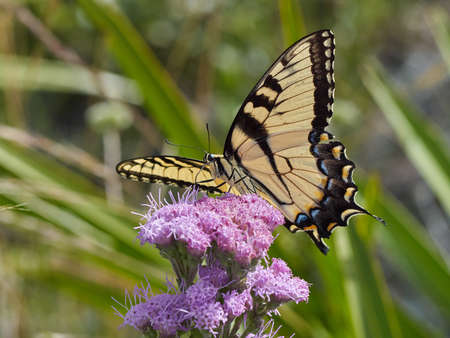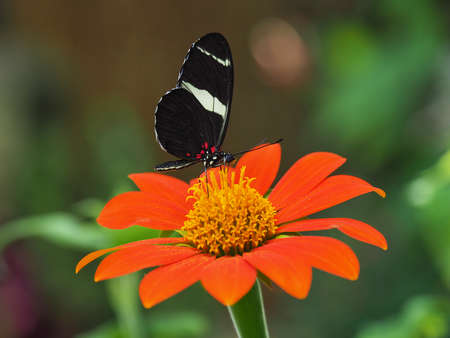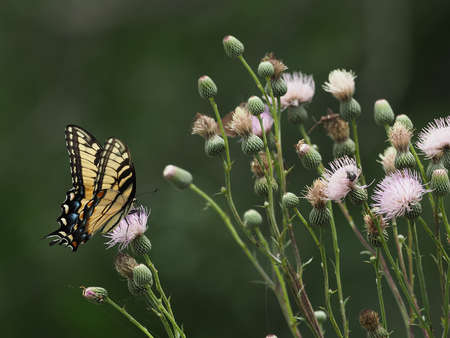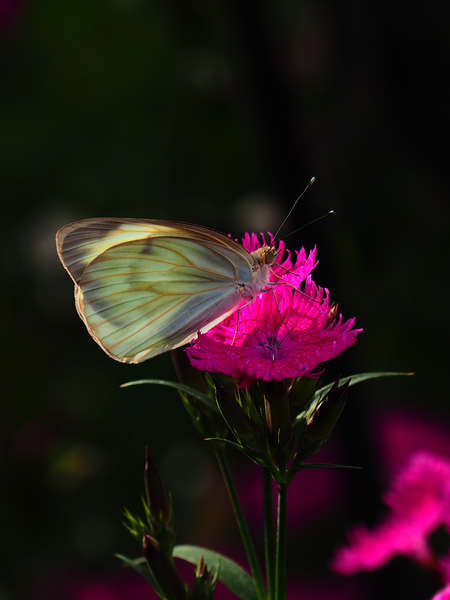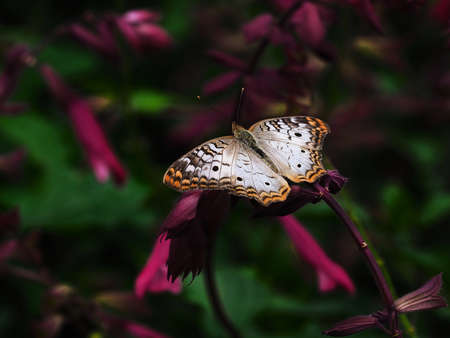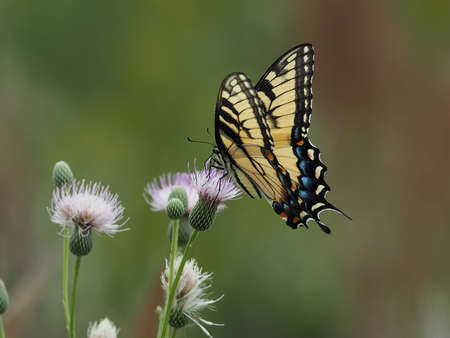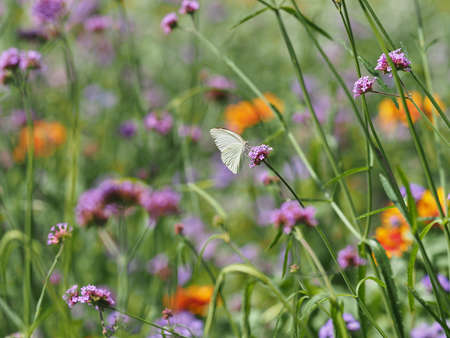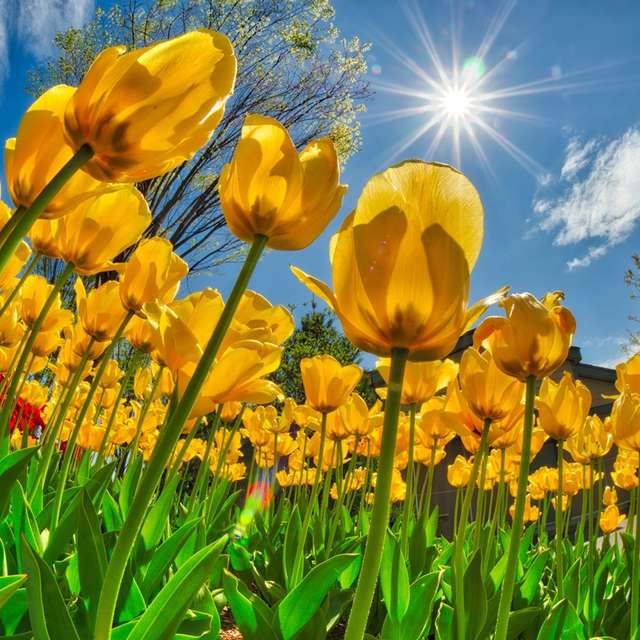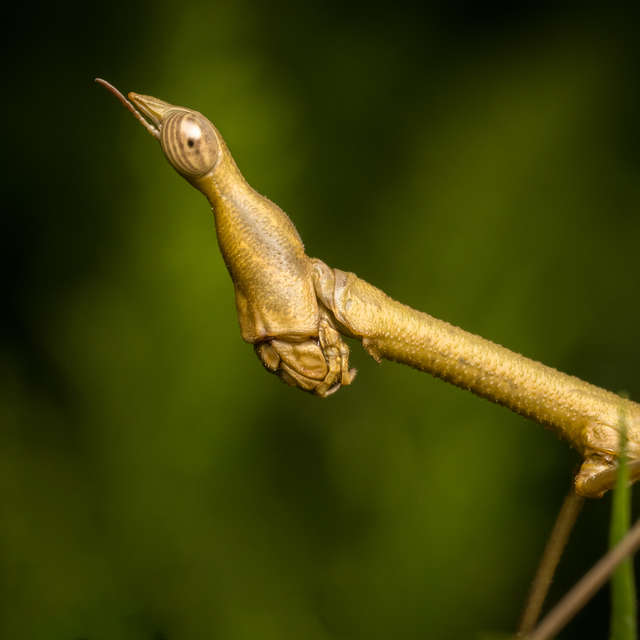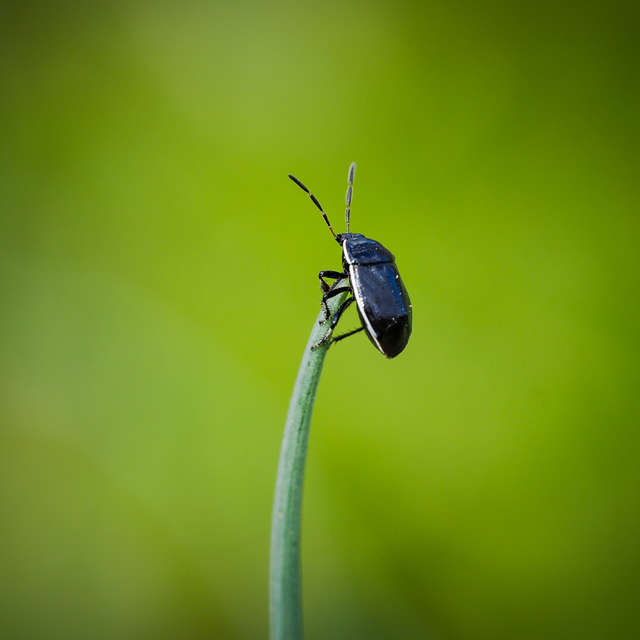As you spend more time in your yard and neighborhood, you may start to see butterflies fluttering from flower to flower.
Here are 10 tips to help you photograph these beautiful insects.
Get Your Camera Ready
Choose Your Lens
We love the image stabilization in all of our Olympus cameras, which means we can be more agile for photographing subjects on the go. We like to use a telephoto zoom lens for photographing butterflies. One of our favorites is the M.Zuiko 40-150mm F2.8 PRO, because it’s fast, light and weathersealed. This could also be combined with the MC-14 or MC-20 teleconverter for even more reach.
You could also use the M.Zuiko 14-150mm 4.0-5.6 II, M.Zuiko 40-150mm 4.0-5.6, or the M.Zuiko 75-300mm 4.8-6.7 II. The longer the telephoto, the closer and bigger the butterfly will look in the image.
Shutter Priority
We recommend setting the mode dial to Shutter Priority and starting with a setting of 1/2000. We use auto ISO so it can adjust as the light changes.
If you’re not comfortable shooting with Shutter Priority, another option is to go to your camera's Scene Modes and select the Sport Mode.
Autofocus
We would recommend using Continuous Autofocus with a 9 focus point target area.
Frames Per Second
Set to continuous shooting L or Pro Capture L.
Art Filters
It can be fun to try art filters like Pop Art II or Pale & Light Color I. With our Olympus cameras, we like to set the resolution to RAW+JPEG setting so we can save the same image with and without the art effects.
Setting the Scene
Choose When to Shoot
Try to avoid the harsh light of midday. Choose morning or late afternoon instead, when light is softer.
Find the Butterflies!
For a location recommendation, start with your own backyard. Do you notice some plants that the butterflies are especially drawn to? It can be as simple as adding a shallow dish of sand, wet with water. This can attract the butterflies for a drink and minerals it craves.
Get Low
Consider what you want to include in your composition. Do you want a picture that includes only the butterfly? Or would you like to include flowers too? We enjoy seeing the eye or eyes of the butterfly, so we kneel or squat down so we see the butterfly from a side view.
If you want all of the wings in focus, you should try to put your camera lens parallel to the wings of the butterfly. This would likely be a top down view.
Change Your Perspective
When possible, try a different angle or walk around your subject to avoid a busy or distracting background. If you're unable to avoid a busy background, shoot with a wider aperture to avoid these distractions and focus in on your subject.
Or, try carrying a piece of solid colored construction paper and a few binder clips to use as a neutral background.
Practice!
Butterflies are beautiful and fleeting which is why they are so much fun to photograph. But this also makes them a challenge! Keep practicing and you will learn how to time your shots to get the wings fully opened.
Instagram: @ourphototribe
Steve and Faith Hutchinson share an extensive background in photography and camera sales and over ten years offering camera instruction. They love traveling and sharing their enthusiasm for photography through their photo classes and workshops.
